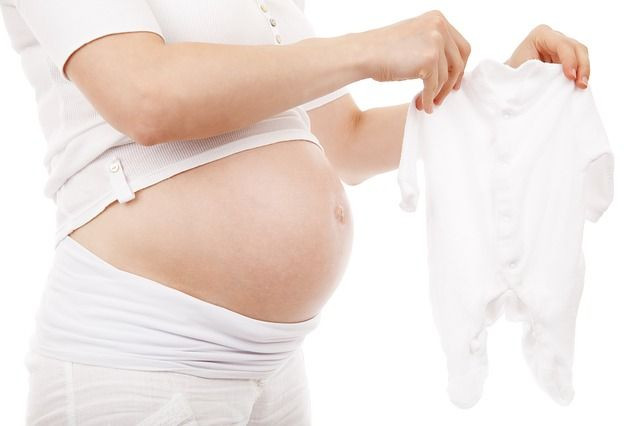Which Is The Best Time To Retrieve Eggs? Study Says IVF Success Varies With Season

In vitro fertilization (IVF) often becomes frustrating for couples trying to conceive due to the stress and the failures associated with the treatment. A recent study has found that the success rate of IVF treatment depends on what season eggs are retrieved.
IVF success depends on various factors such as the age of the patient, lifestyle and mental health. In the latest study, researchers from Australia evaluated the impact of seasons, temperatures and the number of hours of bright sunshine on IVF success.
The findings of the study, published in the journal Human Reproduction, suggest that retrieving eggs (oocytes) during the summer gives greater chances of successful outcomes.
When the eggs were collected during sunny days, there were 30% higher chances of live births from IVF, regardless of the time at which the embryo was transferred to the womb.
"Frozen embryo transfers resulting from oocytes retrieved in summer have 30% increased odds of live birth compared to frozen embryo transfers resulting from oocytes retrieved in autumn, regardless of the season at the time of embryo transfer," the researchers wrote.
"What we found is that the time (of the year) you put the embryo back didn't actually seem to have any impact on the live birth rate," Dr. Sebastian Leathersich, the lead author of the study, told Global News.
The study says the temperature on the day when eggs are collected did not affect the success rate. However, when the embryos were transferred back to the womb on the hottest days, the chances of a live birth rate decreased by 18%.
Although it is not known why egg extraction during summer improves IVF success, researchers believe it might be because of the higher melatonin during the winter season when the eggs are developed in the ovary. Melatonin is a hormone associated with circadian rhythm and has antioxidant qualities.
"What we know is that the levels of melatonin are much higher during winter. And we also know that egg development takes at least three months, but probably somewhere closer to nine months before that egg is actually released," Dr. Leathersich said.
The researchers also believe changes in lifestyles between the winter and summer months also might be a reason.
Published by Medicaldaily.com



























